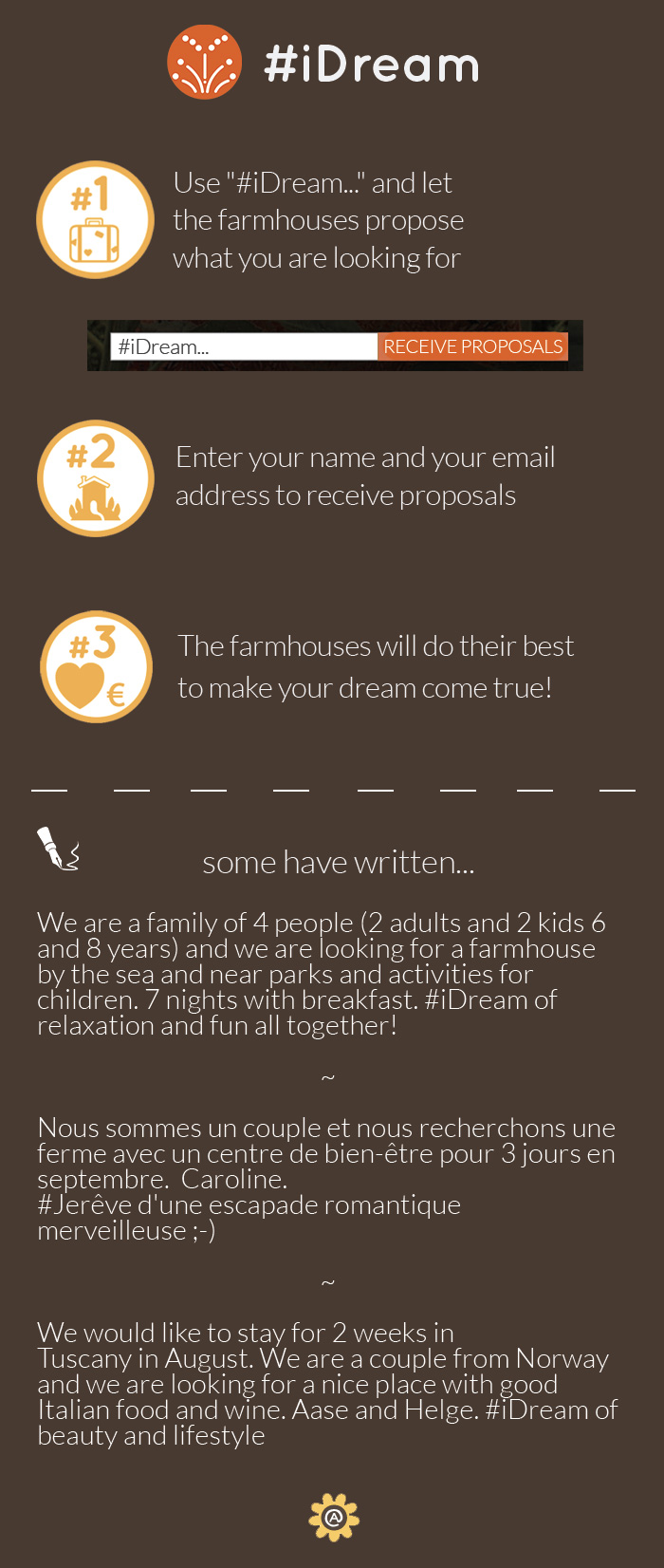


Archaeology in the Agricultural World - Parallels between Etruscan and Tuscan Agriculture.
The Fratticciola Museum of Farming Culture is a means of preserving and valuing the cultural, historical and ethnographic heritage of the agricultural world of the Valdichiana.
It combines material – mostly from the association “The Cart” – with other artefacts collected in the area. Together, these provide an account of everyday life in the local countryside, which existed in poverty and heroism up to and even after the nineteen-sixties. A world of tools, cooking utensils and implements with almost forgotten names, but also one of odours and flavours that remind us of our roots and are the testament of a culture unknown to young people.
Recognizing our origins and understanding even the most outdated traditions is the one and truly revolutionary way we have to restore dignity to our own histories and those of our ancestors, for the most part poverty-stricken peasants or the tenant farmers of landowners. Their lives, closed within the boundaries of their fields, were perhaps more real if, as an old Chinese proverb claims, “the truth is written in a grain of rice”.
More than simply reviving customs for folkloric or philological reasons (already worthwhile activities in themselves) the museum of farming culture is an important way for us to rediscover ourselves, and from there, to learn about others, about the world, and thus eventually change it.
By means of guided itineraries and reconstructions of the occupations of the past, the museum brings to life the practices, customs and traditions of farm life that have kept intact all the appeal of the “man-work-nature” relationship, one as demanding and as old as the history of the people who occupied these Chiana-Cortonese lands. And for those who have never been and will never be farmers, it offers the opportunity to learn about the greatness of an oral tradition that can only speak today through the humblest of everyday implements: ploughs, jugs, carts, hoes – objects from a simple life that was a conservative one because is was as unchanging as the cycle of the seasons: the true life of the hard earth.
October 2004 29 th edition – official inauguration of the premises
October 2005 30 th edition – official inauguration of the first two shows: cellar equipment – A comparison of the Etruscan civilisation and farming in the 1900s
Roberta Alunni
.jpg)
Acknowledgements :
The Town of Cortona
Heritage and Cultural Affairs Department
“The Cart” Association – Fratticciola
Texts compiled by Paolo Giulierini
Cortona Heritage and Cultural Affairs Office
Graphics: Tiphys S.r.l.